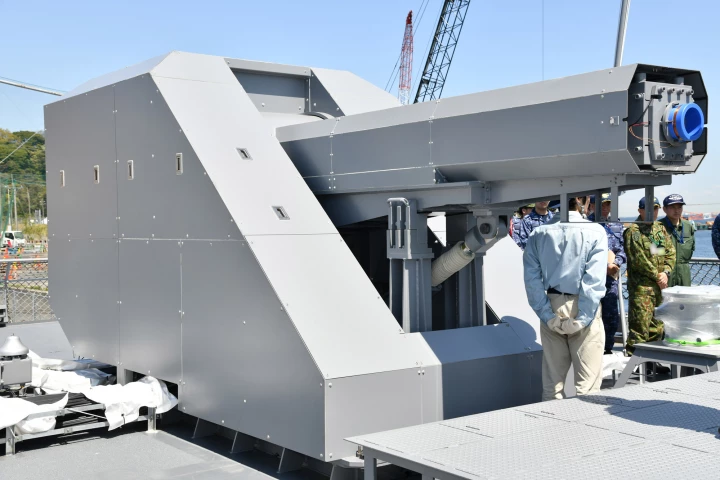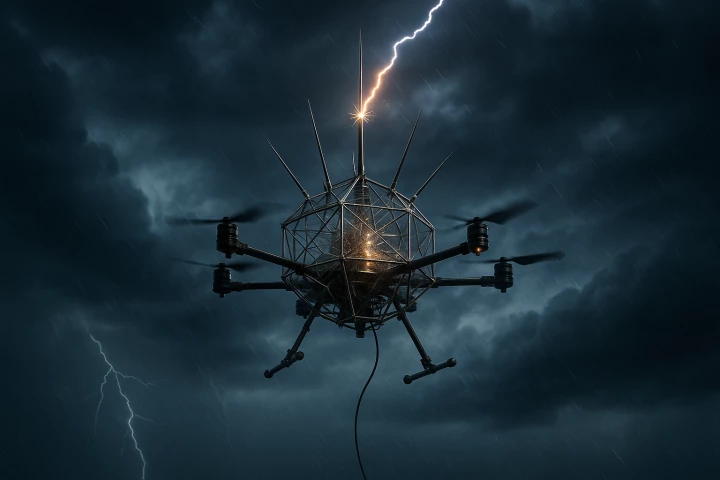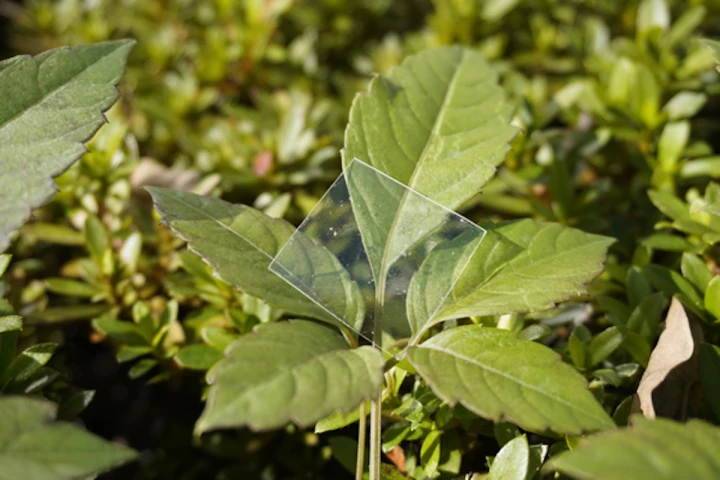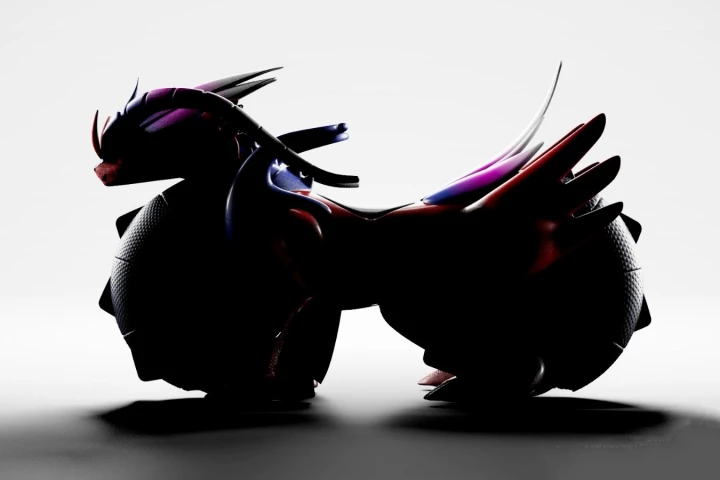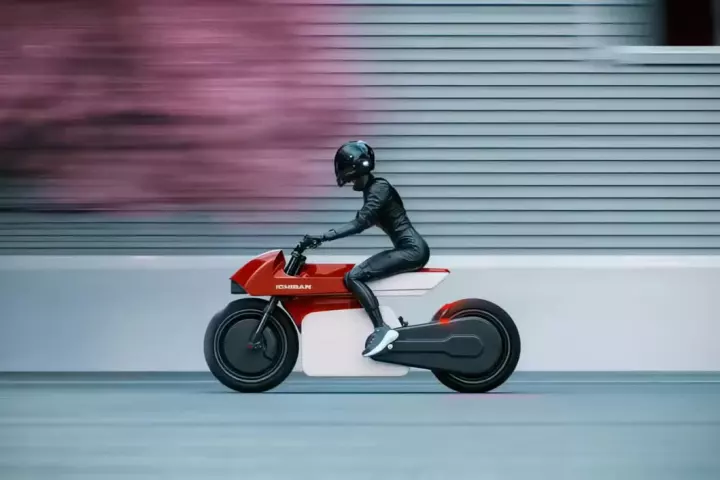Japan
-
It may be mostly used for packaging, but cardboard is a surprisingly capable building material in the right hands, as highlighted by Shigeru Ban Architects with its eye-catching Blue Ocean Dome, which was created for Expo 2025.
-
The world's largest wooden structure has been completed. Aptly named the Grand Ring, it takes the form of a massive circular loop with a walkway on top and has a circumference of approximately 1.2 miles.
-
Looking like something out of Minecraft, the Japan Maritime Self-Defense Force has released a new image of its latest electromagnetic railgun being developed by the Acquisition, Technology, & Logistics Agency (ATLA) to counter hypersonic missiles.
-
In a world first, Japanese researchers flew a lightning-proof drone in a thunderstorm, using it to induce and direct natural lightning strikes. The team is now working on how this flying lightning rod might capture and store lightning energy.
-
Dirt Freak… with a name like that, you ought to either produce some solid, purpose-built off-road motorcycles… or an inexpensive vacuum cleaner. Happily it’s the former, in the shape of an electric moto from Japan dubbed the GE-N3.
-
Scientists at RIKEN in Japan have developed a new type of plastic that’s just as stable in everyday use as regular plastic, but dissolves quickly in saltwater, leaving behind only safe compounds.
-
3D-printed architecture continues to go from strength to strength, with all kinds of projects being created with the burgeoning technology. The latest example of this is a new train station that will be built in just six hours.
-
House W is a family home that takes the form of a barn split into two areas and joined by glazing. Its energy efficient design, which includes solar panels, allows it to generate almost twice as much power as it requires annually.
-
Honda has announced a concept bike that's modeled after Koraidon, Pokémon Scarlet's prehistoric dragon. In addition to looking crazy cool, the Koraidon bike will be able to "stand" and walk, thanks to Honda's proprietary self-balancing technology.
-
The legendary Honda CB1300 is set to be discontinued. But not before we get a commemorative final edition. It's sad that this bike never made its way to the USA.
-
Shoei's 3D personal fitting system (PFS) captures the exact dimensions of your head and adapts the internal shape of the helmet to suit the unique contours of your head. But there's a catch – the groundbreaking tech is only available in Japan rightnow.
-
Japanese design firm Ichiban has created a sleek, retro-futurist electric bike based on the original 1982 manga drawings by Akira creator Katsuhrio Otomo. It is modernized and made technically viable by Ukrainian industrial designer Ivan Zhurba.
Load More


